More than 2,000 fact checks. Seven thousand people trained. Forty-six staff members. Four offices across the African continent. Fostering or supporting 31 independent fact-checking organisations in more than a dozen countries.
This is Africa Check’s footprint in 2022, ten years after it was founded in Johannesburg, South Africa in 2012.
When it started, the continent’s first independent fact-checking organisation had just two staff members, operating from a corner of the Wits University journalism department. Their presence there was the culmination of a process which began several years earlier.
‘I did nothing to counter it’
Peter Cunliffe-Jones, who founded Africa Check 10 years ago, says the events which led him to start the organisation happened in Nigeria in the early 2000s.
“I was the Lagos correspondent for Agence France-Presse [AFP]. At the time the World Health Organization was carrying out a polio vaccination campaign in northern Nigeria. Local media there began reporting rumours that it was not a polio vaccine, but that the WHO was giving people something more sinister – the HIV virus, or anti-fertility drugs.”
Cunliffe-Jones says that when he saw those local reports, he dismissed them, thinking it was not his job to report news that was false.
When he later met up with a WHO official who told him that the rumours had negatively affected the administration of the vaccine, and that a polio epidemic had spread across the Sahel, he paused. “I hadn’t reported it – but I had also done nothing to counter it,” he says.
So, in 2010, when a colleague who was running the AFP Foundation said Google had given US$1 million to the International Press Institute to fund innovation in journalism, Cunliffe-Jones came up with the idea of a fact-checking initiative in Africa.
“I knew this was a trend in the United States and it was growing elsewhere but it didn’t exist in Africa and it was desperately needed.”
Africa Check’s founding mission
With that in mind, Africa Check was set up in 2012 under the auspices of the Wits University journalism department in Johannesburg. Cunliffe-Jones had three aims in mind: to have a presence on the wider African continent, to get strong funding and structural foundations in place, and to grow accountability through fact-checking. Those aims were all achieved by the time he left the organisation in 2019. 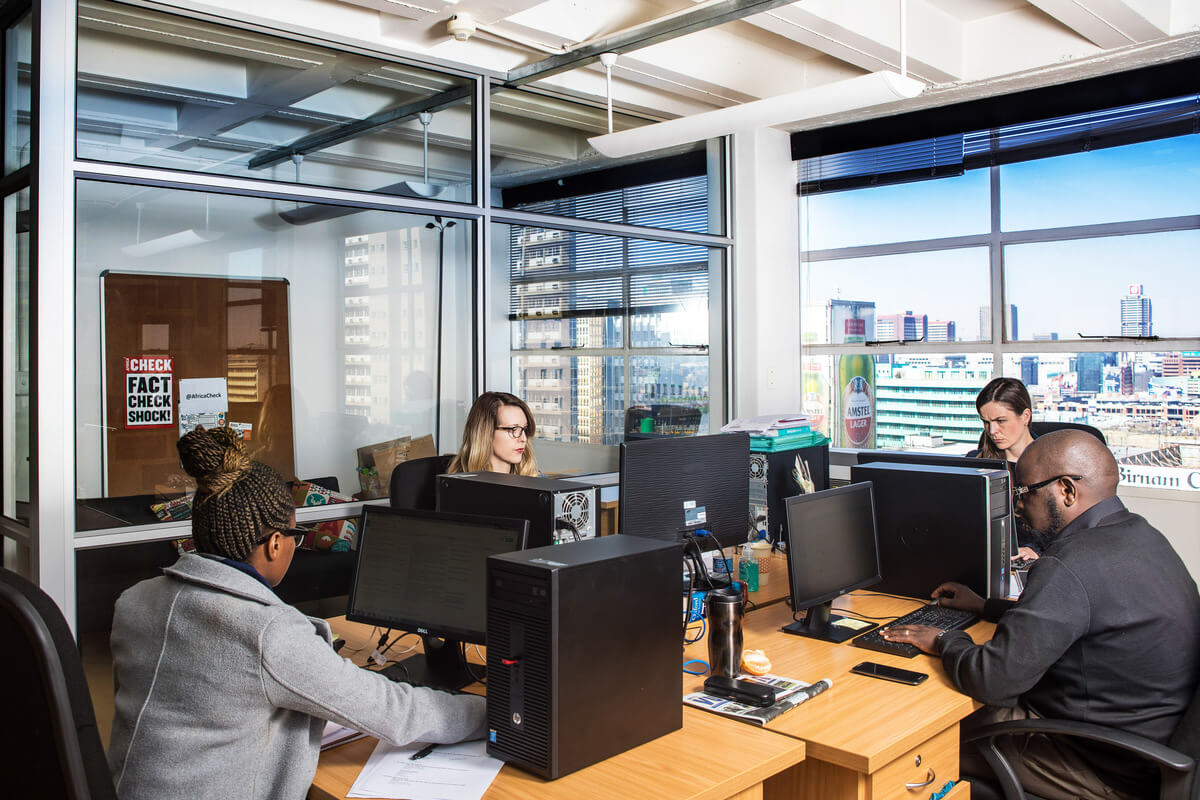
He also notes that the work of Africa Check has helped to put the idea of fact-checking – done from an African perspective – on the map for journalists, journalism educators and others.
But in the early days, the mission was more pragmatic.
Founding editor Ruth Becker says: “We just wanted to get it off the ground. There were only two of us, apart from Peter, and we spent a lot of time just establishing our methodologies, and how stories should be written and checked. We’d find, for instance, that something stated as a fact would be traced to one slide in a PowerPoint presentation and no one knew where it came from.”
‘At least we didn’t burn the building down’
The team was also raising awareness. “At the time, a lot of journalists thought that fact-checking meant asking how to spell someone’s name. And when we began to check the facts put out by lobby groups, they were often worried that we were somehow questioning their work,” says Becker.
She and Africa Check’s first researcher, Ntombenkosi Dyosop, were also just worried about getting things right. “Imagine if, as a fact-checking organisation, we had got our facts wrong!” Becker says.
Dyosop joined Africa Check straight from university. “My role was to fact-check public commentary from public figures, such as politicians, or to work on big events, such as the announcement of crime statistics, and to write articles about what I found.”
Of those early years, she says now: “I think the biggest achievement was setting up the organisation successfully. There were only two of us, navigating a new concept and building the organisation from the ground up. All I can say is, at least we didn’t burn the building down.”
The learning curve
Julian Rademeyer, Africa Check’s first full-time editor, began his stint at the organisation working at home under the protection of bodyguards because of a death threat he had received for previous work he had done.
While that was emblematic of the wider state of journalism, Africa Check was still in start-up mode. Rademeyer assembled a team of freelancers and was joined by a researcher, Kate Wilkinson.
Rademeyer says the core work was the establishment of a new kind of investigative journalism.
“There was a campaigning role. Organisations would reject us and fact-checking in general. But over time they learned that if they took Africa Check and our reports on board, they would gain credibility.”
He remembers his time there – from April 2013 to 2015 – with pride. “I still regard it as a highlight of my professional career as a journalist,” he says.
Wilkinson, who eventually became the organisation’s deputy editor and is its longest-serving staff member (she left Africa Check in 2022), says she loved those early days. “We were a small group of people with a big idea, and we just did it. We had belief and faith in what we were doing.”
The start-up grows
Anim van Wyk joined the organisation in 2014 as deputy editor, and became chief editor in 2015. There were four staff members when she joined and about 30 people when she left in 2019. 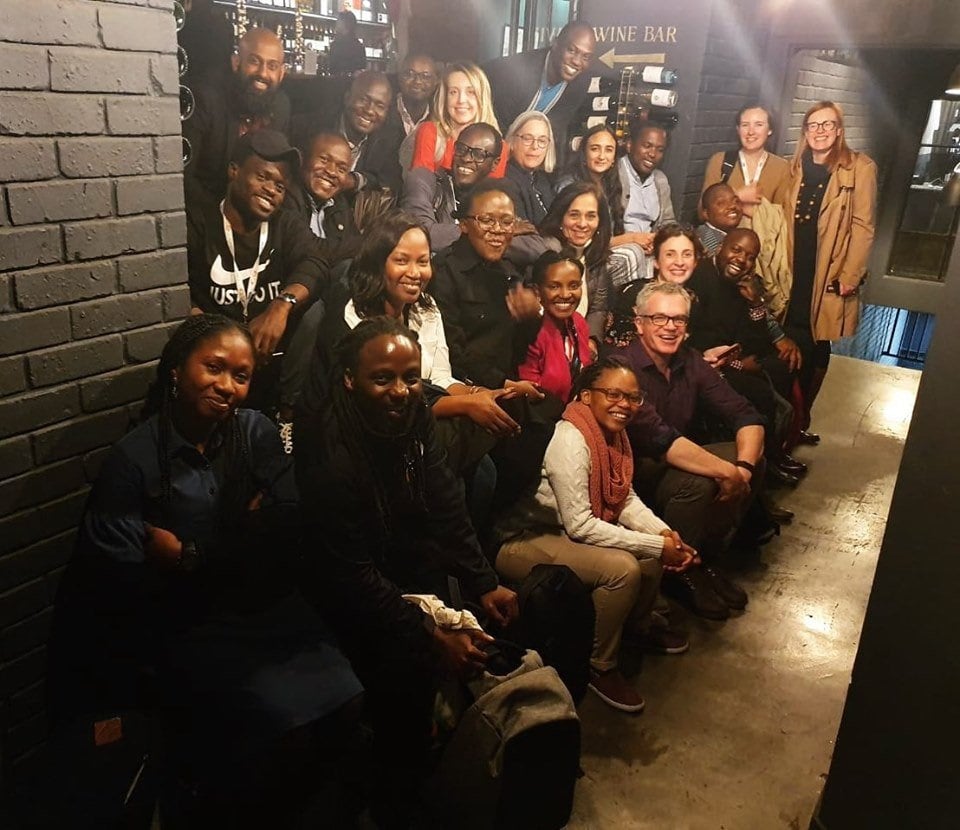
She says that at first there was the hope that the act of fact-checking was enough in itself. “The idea was that if you correct the information, that is enough. But we learned that bad facts are like zombies, they keep coming back from the dead.”
So the team felt the need to work more quickly and yet also not make mistakes. “This put a strain on a small team,” she says. In addition to that, there was the growing realisation that while fact-checking was important, it was equally important to train members of the public to be more sceptical, to find information for themselves.
In her time, she worked on setting up offices in Lagos, in 2016, and in Nairobi, in 2017. These African offices had been preceded by a move into Francophone Africa.
Expanding into Africa
Assane Diagne, the organisation’s first Francophone editor, took up office in Dakar, Senegal in 2015. He worked on his own, doing research and writing, and some translating.
For him, the mission was to bring a new concept to Francophone Africa, and to raise awareness about the organisation and about fact-checking in general. There were challenges: access to information is often poor in West Africa and being a non-profit meant there was constant need to keep an eye on fundraising.
But, he says, people in the region are now convinced of the power of fact-checking. “Now we can say people are convinced of its value,” he says.
For Samba Badji, who became editor of the Francophone site in 2019, the spread of fact-checking work into other countries was a key part of the organisation’s mission. “Now there are similar organisations in Burkina Faso, Benin, Côte d’Ivoire – even Mali,” he says.
Badji highlights the challenges presented by working in different environments. “There are countries that have a culture of making information accessible, there are countries that have data but restrict access, and there are countries where the data is not there at all. This is the biggest challenge.”
The extension of the organisation’s work into radio was an experience that took him out of his comfort zone, but he really enjoyed it. “The idea was to sensitise people to disinformation – especially around Covid and vaccines – and to do it in local languages. Many people are not able to read in French, and so this was a really important way to raise awareness about disinformation and the harm of it,” he says.
The mission in 2022
It’s striking that themes articulated by the pioneers of the organisation are still very much part of the organisation’s work: being pan-African, raising awareness, campaigning for accuracy and accountability, and taking care to be accurate and methodical. But the mission is wider than that now.
As Wilkinson says, the goal has always been to increase accountability in public debate and to get correct information into the public domain. What’s changed over time is the strategies that are used to achieve that goal.
“In the end, you need to change the system that enables false information,” she says.
The current goals reflect that shift. Identifying and reducing the circulation of false and misleading claims on key topics is there, as is ensuring that accurate information is made more available to the public and policy-makers. In addition, Africa Check aims to:
- Foster fact-checking skills among the public, particularly young people.
- Help develop a community of nonpartisan fact-checkers across the continent.
Lee Mwiti, Anglophone chief editor at Africa Check, has been in the role since 2019. When he joined the organisation in 2016 there were about seven staff members, now there are 45.
Of the first goal – to push back on misinformation – he says, almost ruefully: “We could be doing so much more. We are only scratching the surface.”
That might be so – but former editor Van Wyk values the impact of it. “I kept an eye on the website to see what people were reading. I saw the search terms that people used. For instance, they were searching for supposed HIV remedies, or for the names of scams. So if they found correct information on our site, maybe we saved them money or saved them from serious harm. In more traditional media, you seemingly can’t do anything right. But at Africa Check the appreciation from ground level was there – either in phone-ins to radio, or comments on social media. I was always amazed by the direct impact and the direct appreciation.”
Artificial intelligence
For the last three years of her time at Africa Check, Wilkinson worked on a project investigating the use of artificial intelligence (AI) to find claims, myths, rumours and fake news that need to be checked.
“False information is increasingly propelled and spread by powerful online algorithms – fact-checkers need technology on their side in this fight,” she says.
Mwiti says this could go some distance in solving the problem of scale. “But while there have been promising results, it is not a magic wand by itself. We need as many diverse approaches as feasible.”
Another tool in the arsenal against the spread of misinformation is training – of budding and promising journalists, of government and civil society practitioners, and of the organisation’s main constituency, the public. “This is a strong strand of our work, and we need as many players as possible to build capacity,” Mwiti says.
Media literacy is a cornerstone, he says. “This is where we might fail or succeed. We need to give wider audiences a way not to easily fall for misinformation. In a way you are building an army of people who can push back, a critical mass.”
What’s the secret to Africa Check’s success?
For Wilkinson, Africa Check’s success and its role in building that army of people, goes back to leadership. “I cannot give enough praise to the people I worked with, including Julian, Anim and Lee. Africa Check has always worked as a team, supporting and encouraging each other.”
In the early days, that meant beer and pizza and late nights checking the facts in a state of the nation address. In 2022, it meant a conference in Nairobi, Kenya where 200 fact checkers from all over the continent gathered to strengthen the Africa Facts network.
That network is needed now more than ever. Wilkinson cites Cunliffe-Jones’s metaphor: “Bad information is like an octopus – it has many arms.”
Ten years on, Africa Check continues to evolve, developing the muscle needed to turn the tide on fake news.



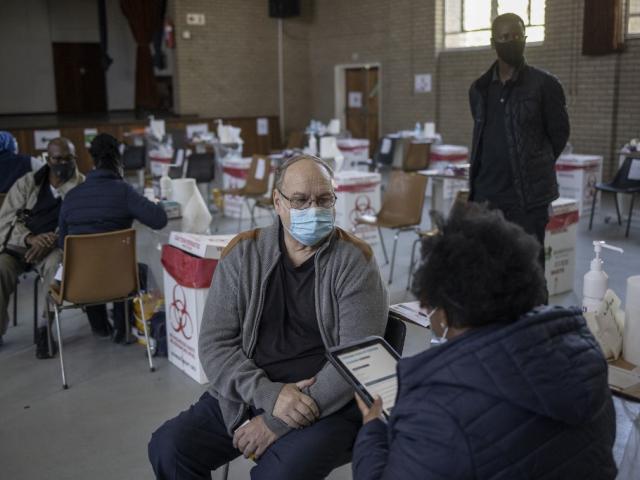
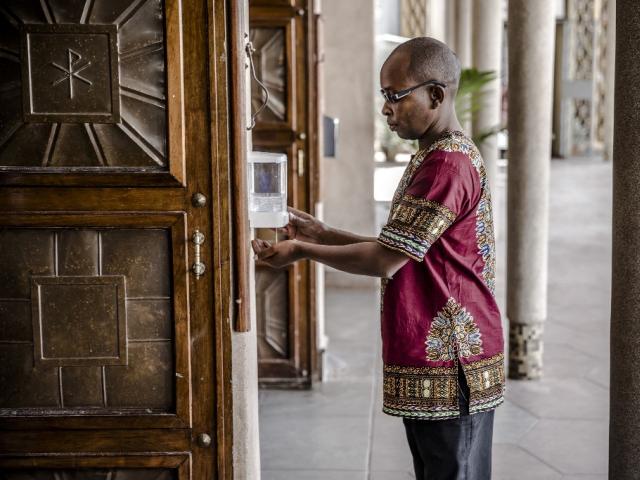
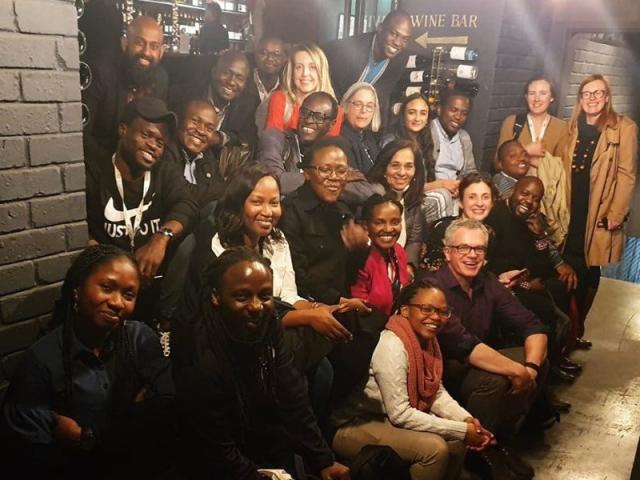
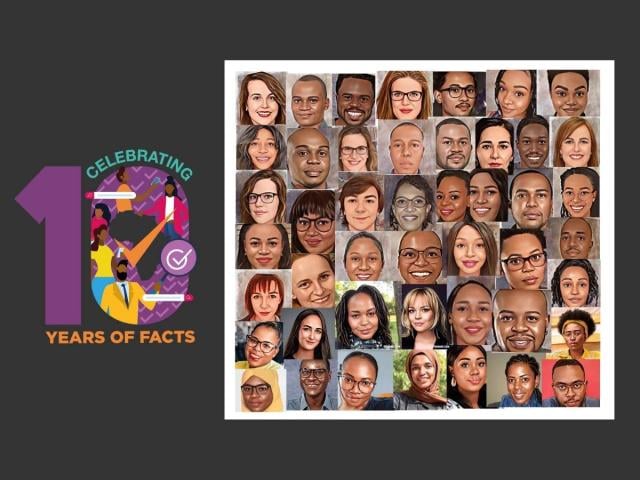
Add new comment